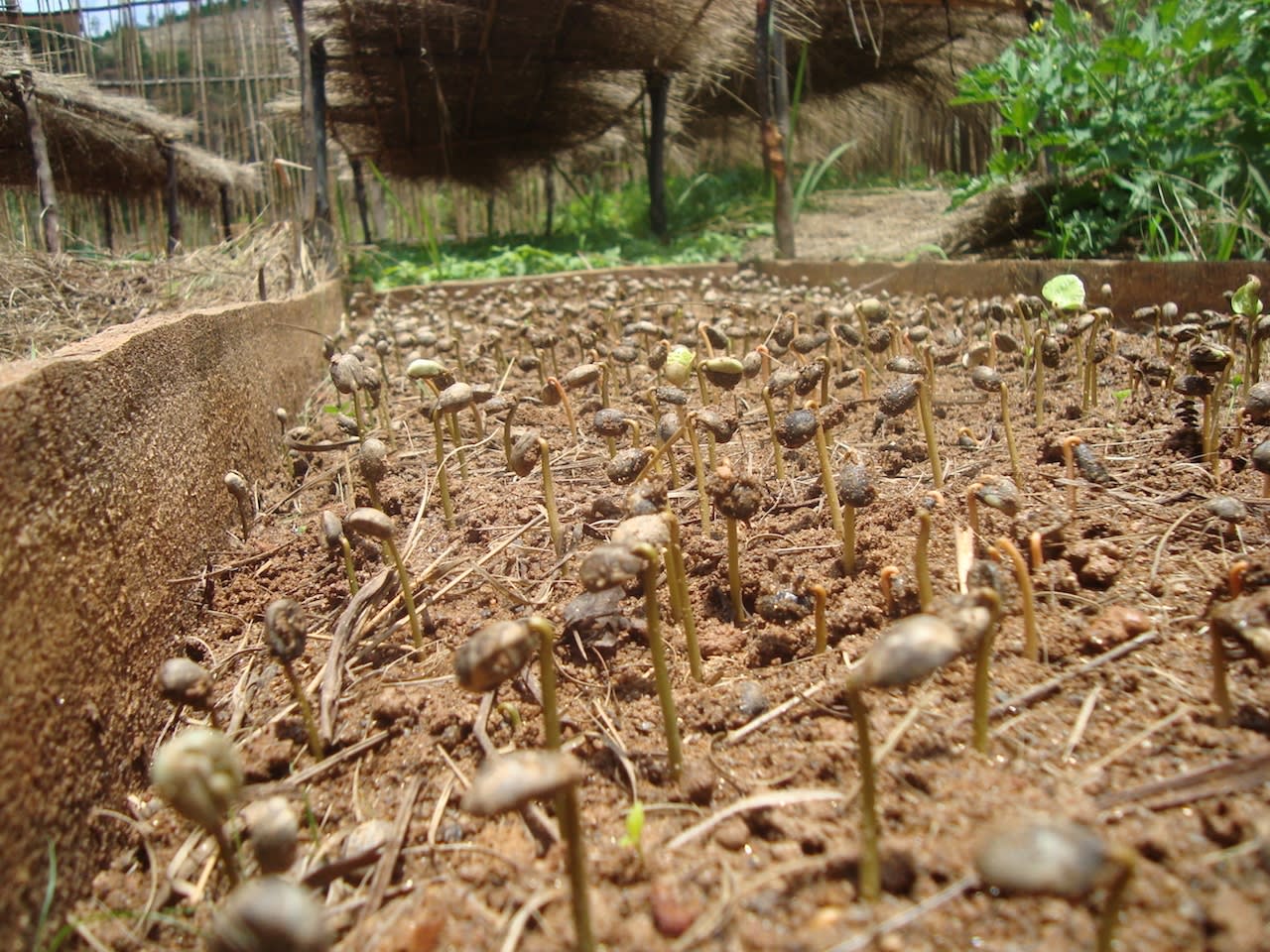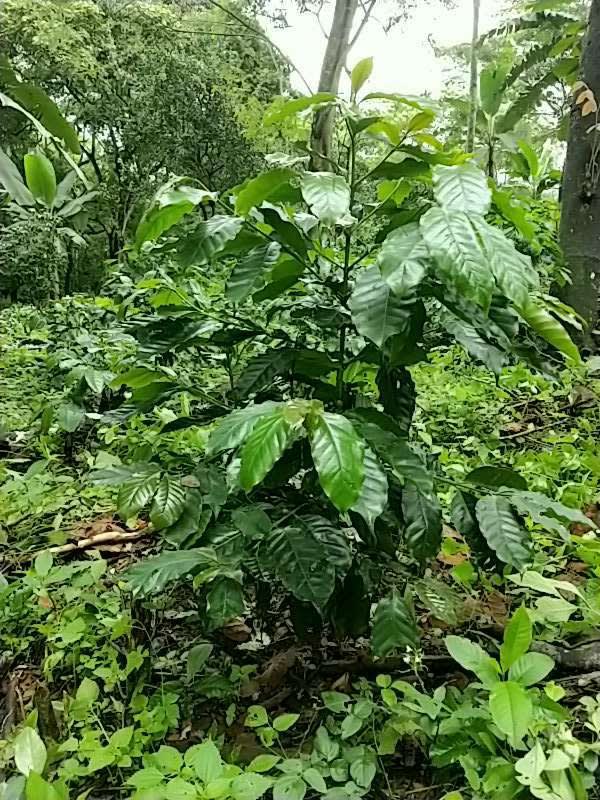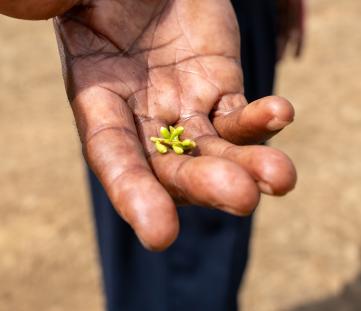ID: N9L-RZJ
ID: N9L-RZJ
CaffèLabGiovani
Coffea arabica
Photo
Ecuador
21:07 - 23°C
My connections
My ID card
Who am I?
Date of birth
03/07/2020
Also known as
CaffèLabGiovani
Name
Coffee Women's Day
Tree
Coffee Women's Day
Limited edition
Where am I located?
Country
Ecuador
Place of birth
Parroquia América
Coordinates
1° 28′ 21.19″ S
80° 27′ 29.84″ W
/-80.45828955,-1.47255228,0/500x333@2x?access_token=pk.eyJ1IjoidG9tbWFzb3NwZXJvbmkiLCJhIjoiY2tnOTE3eW12MDJqazMybXNzOWV1YjloOSJ9.wtGsuDU7XIKjcv2cq8CiXw&logo=false&attribution=false)
My Timeline
The important moments in your tree's life.
Seed
It all starts with a tiny seed, nice and warm in the soil.
Nursery
Your seedling is big enough to be welcomed into one of our nurseries, along with many others.
Planted
We’re here! Your tree has reached its new home: it’s been planted by a smallholder, who’ll take care of it for years to come.
Photo
Strike a pose! Now that it’s big enough, here’s a photo of your tree!
My Gallery
Nursery

Planted
/-80.45828955,-1.47255228,0/500x333@2x?access_token=pk.eyJ1IjoidG9tbWFzb3NwZXJvbmkiLCJhIjoiY2tnOTE3eW12MDJqazMybXNzOWV1YjloOSJ9.wtGsuDU7XIKjcv2cq8CiXw&logo=false&attribution=false)
80° 27′ 29.84″ W
Photo

Curiosity about me
The important moments in your tree's life.
Let's start with introductions
The coffee tree, whose seeds are used for the eponymous beverage, belongs to the Rubiaceae family. Though over 100 species are known to exist, supermarket shelves confirm that the most diffused examples are Arabica and Robusta. Coffee represents an important source of income for local economies.
Meaning
Energy
Coffee is the best-known natural energizer.

How much CO2 I’ll absorb
My estimated CO2 absorption capacity is based on the first 10 years of my life*
Current absorption
- 20 kg
2020
0 kg
2030
-50 kg
* The tree will continue to absorb CO2 even after the tenth year. Therefore this is a prudent estimate.
How I am useful to local communities

Consumption and sales
Its fruits, seeds and/or leaves are used as food in the farmers' families or are sold on local markets.

Medicine
Its leaves, roots, bark and/or fruits are used in traditional medicine.
My benefits
10%
Food Security
The trees will bear fruits, some that will be edible immediately and others that can become edible through processing, ensuring food resources over time.
100%
Economic development
The trees' fruits and the products derived from their transformation can be traded in local networks, offering income opportunities.
20%
CO₂ Absorption
During its life cycle, each tree will offset CO₂. The trees that you plant can offset your emissions.
30%
Environmental protection
The trees are planted in agroforestry systems that favor the virtuous interaction between the different species and their positive impact on the environment and on the land.